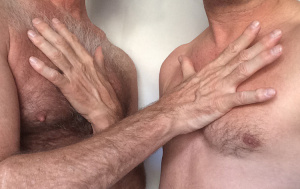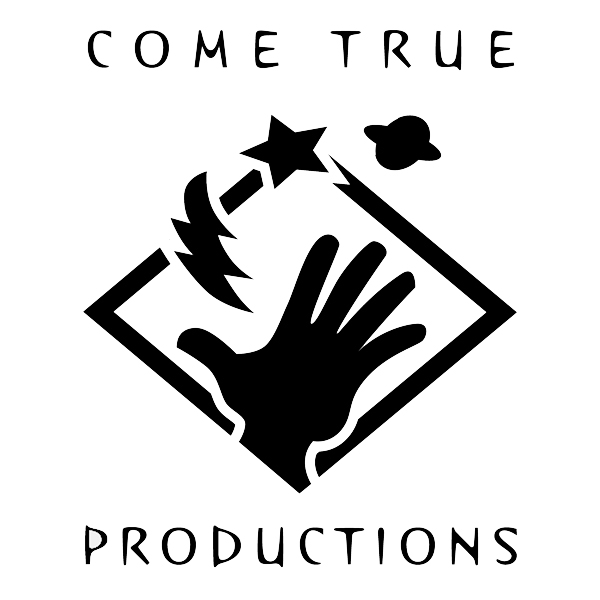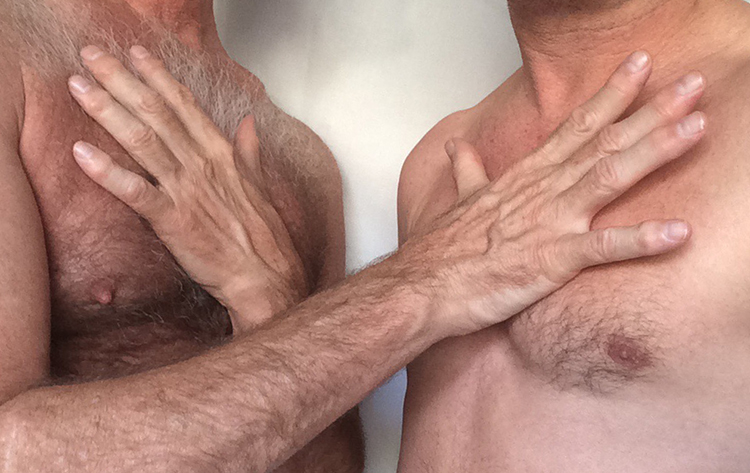 LGBTQ people have contributed many wonderful things to the course of humanity. Whether incredible art, or scientific advances, or political and civil rights movements, profound spiritual and philosophical insights, or just a fabulous fashion sense – every aspect of humanity has the presence of LGBT folk, whether the world admits it or not.
LGBTQ people have contributed many wonderful things to the course of humanity. Whether incredible art, or scientific advances, or political and civil rights movements, profound spiritual and philosophical insights, or just a fabulous fashion sense – every aspect of humanity has the presence of LGBT folk, whether the world admits it or not.
There is one contribution that’s got me on a search, lately. I’ve been reviewing the research on homophobic behavior and how often times bullying and violence against LGBTQ folks is a direct reflection of self-hate. A significant amount of homophobic violence and abuse has been an expression of self-loathing on the part of the perpetrator. In fact, there has been a high propensity of extreme homophobic behavior by people who have homosexual desires themselves and the only way they know how to deal with the extreme self-hate is to take it out on other gay people. I have even read a of stories that go like this: A couple of guys having sex and then one turns right around and beats the shit out of the other one – that’s homophobia! (Here’s a great overview of the research)
Now these horrible acts of violence, abuse, and self-hate are certainly not an “LGBTQ contribution,” but follow me down this rabbit hole just a bit further… When I see something so extreme like homophobia, I consider what might be the opposite extreme? If a relational mechanism somehow creates such a negative result, couldn’t a similar mechanism used for good create a positive result? I’d like to see a study enacted on those people who have learned to really love their LGBT fellow humans, and I wonder if that’s a direct result of self-compassion. The concept is certainly familiar, that the more we learn to love ourselves, the more compassion we have for others. It’s the Golden Rule for our contemporary society.
I wonder if all the hate, and violence, and even the little dislikes and uncomfortableness around gay folks, all whittles down to a person being uncomfortable (shame, self-hate) with the possibility of their own homo-erotic sexuality. The research certainly infers this idea. Just as all people contain both feminine and masculine elements, it’s not a big stretch to consider that all people can contain both hetero- and homo-erotic possibilities. After all, you know the ol’ saying that anyone who has participated in masturbation has had homosexual sex. In someways, self-pleasuring is the gayest act of all! If this makes you uncomfortable, then you might have to ultimately ask yourself, what is it about “gayness” that’s not good enough for you? What is so shameful about getting aroused by your OWN sexuality, whatever form it takes?
THAT’s the contribution the LGBTQ movement has given to our understanding of sexuality. Gay people have chosen to love their unique sexuality rather than conform to how society tells them they should love. That might be about the gender of the person they love, but even more intimately, it is about choosing to love themselves and their own sexuality despite the form it takes. They have shown society that it is more important to be true to their authentic selves/sexuality than it is to follow traditions and cultural norms that make no sense to their experience, and even oppress their experience. Hundreds of years from now people will look back at the sexual revolution of LGBTQ civil rights and say “They taught us to value and cherish our unique sexuality, whatever shape it took.” If you really open your arms to love a gay person and value the struggles they have gone through to be who they are, you may very well learn to love your own sexual uniqueness as well. Seems like a win/win to me!
To understand more about self-compassion and Masculinity:
Connecting with the Erotic Masculine
Originally published April 21, 2016
Reach out / Stay in Touch…
Please let me know how I can support you in your personal sexual health.
Also, I regularly make appearances, facilitate workshops and teach retreats. If you would like to be notified about new opportunities I offer, let me know where to send the email (this is a private list that is never bought or sold).

